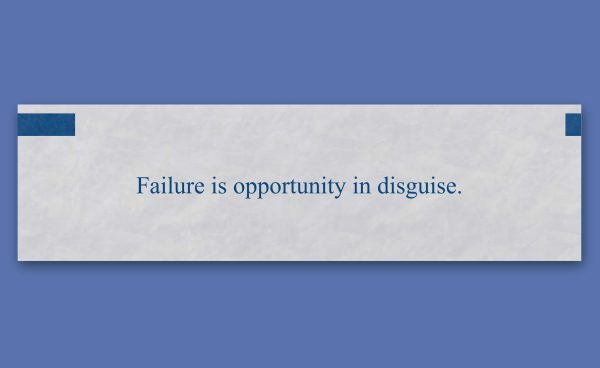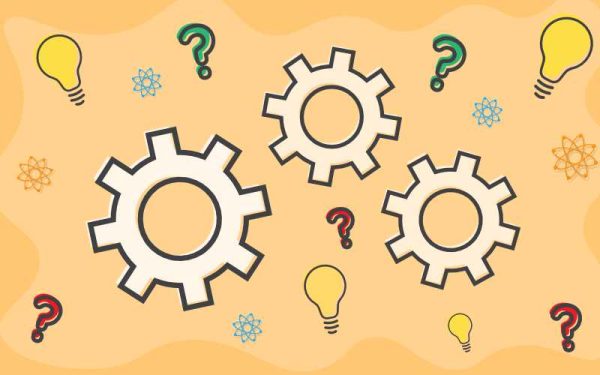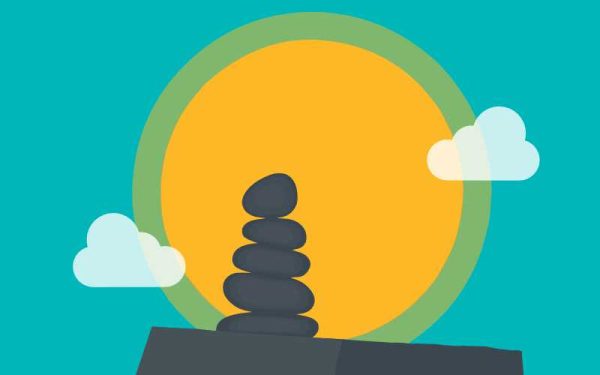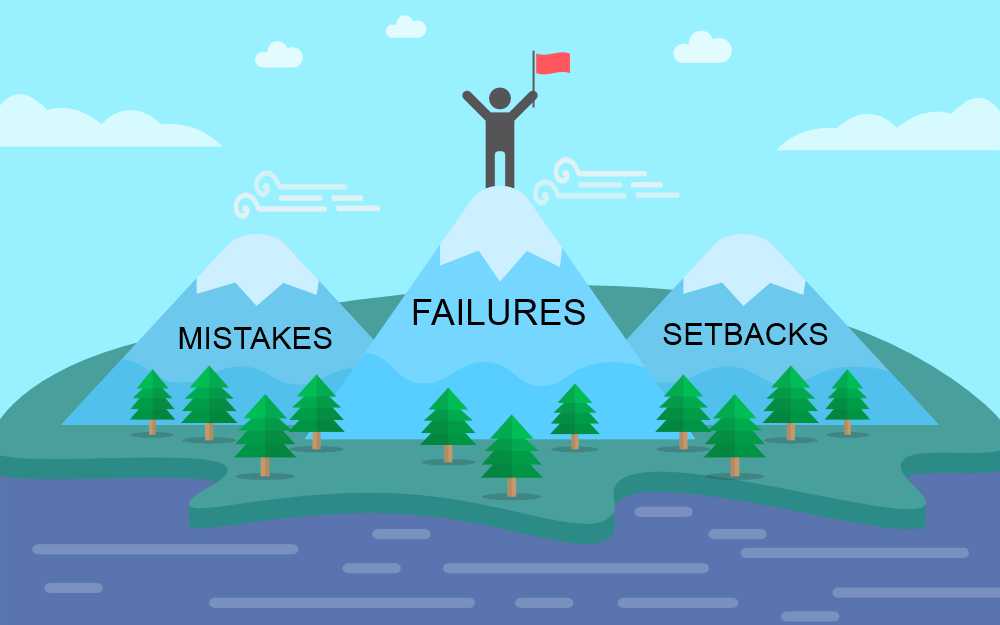Fortune Cookie Friday: Failure Is Here to Help
When we talk about capturing the essence of scientific exploration and the pursuit of knowledge, many quotes come to mind, but one attributed to Issac Asimov percolates to the top.
“The most exciting phrase to hear in science, the one that heralds new discoveries, is not ‘Eureka!’ but ‘That’s funny…’” It reminds us to recognize the things we didn’t expect. They make us question the world around us and seek to discover the truth.
I did a little investigating of my own and failed to find any real evidence that Asimov said or wrote this quote. Nonetheless, I remembered the quote when I read today’s fortune.

Trial and error are necessary in life as much as they are in science. From the beginning, we are challenged when we learn to sit up, crawl, and walk. We have to learn what works and what doesn’t if we want to succeed in life.
Every mistake or failure helps us learn and hone our skills. If we succeeded right out of the gate, we wouldn’t recognize our weaknesses, and when something went wrong—inevitable in life—we wouldn’t recover well.
Unfortunately, many people see failure as bad when it is just the opposite of success. But what is success? They both depend on a person’s perspective, and each one can lead to the other.
There are lots of success stories that grew out of failure. Thomas Edison made oodles of mistakes before he discovered his famous light bulb. He’s even famously said, “I have not failed. I’ve just found 10,000 ways that won’t work.”

His teachers would have been amazed at how well he did, considering he was constantly losing focus in class, and many considered him dumb and unlikely to do well in the world.
Japanese engineer and industrialist Soichiro Honda established the Honda Motor Company, but it wasn’t an easy ride to success. He started working on manufacturing piston rings and struggled to get a contract with Toyota. Even after he got the contract, WWII broke out, and a bomb hit his factory.
Honda could have given up, but he rebuilt the factory, only to have an earthquake hit and leveled the building. These setbacks gave him the drive he needed to create a motorized bicycle, which led to the Honda motorcycle and the well-known Honda Company.
And to Think That I Saw It on Mulberry Tree was the first book by Theodor Seuss Geisel (Dr. Seuss). It was rejected 27 times, and he was ready to burn the manuscript until he got a break at the last moment. Dr. Seuss has sold over 600 million copies of his books worldwide. Oh, the places he went.
Elvis failed his music classes. Walt Disney was fired from a newspaper firm for lack of creativity. Isaac Newton failed miserably at the family farm work, so they sent him back to school. He couldn’t hack it with cows but was great at starting the Scientific Revolution.

For these people and many others, failures were opportunities for great success. They were the bumps in the road that helped them learn to navigate a better path.
We shouldn’t fear failures in life. We should let them guide us toward our goals and learn from them. Failure isn’t here to hurt us or prevent us from reaching success. It is here to help.




